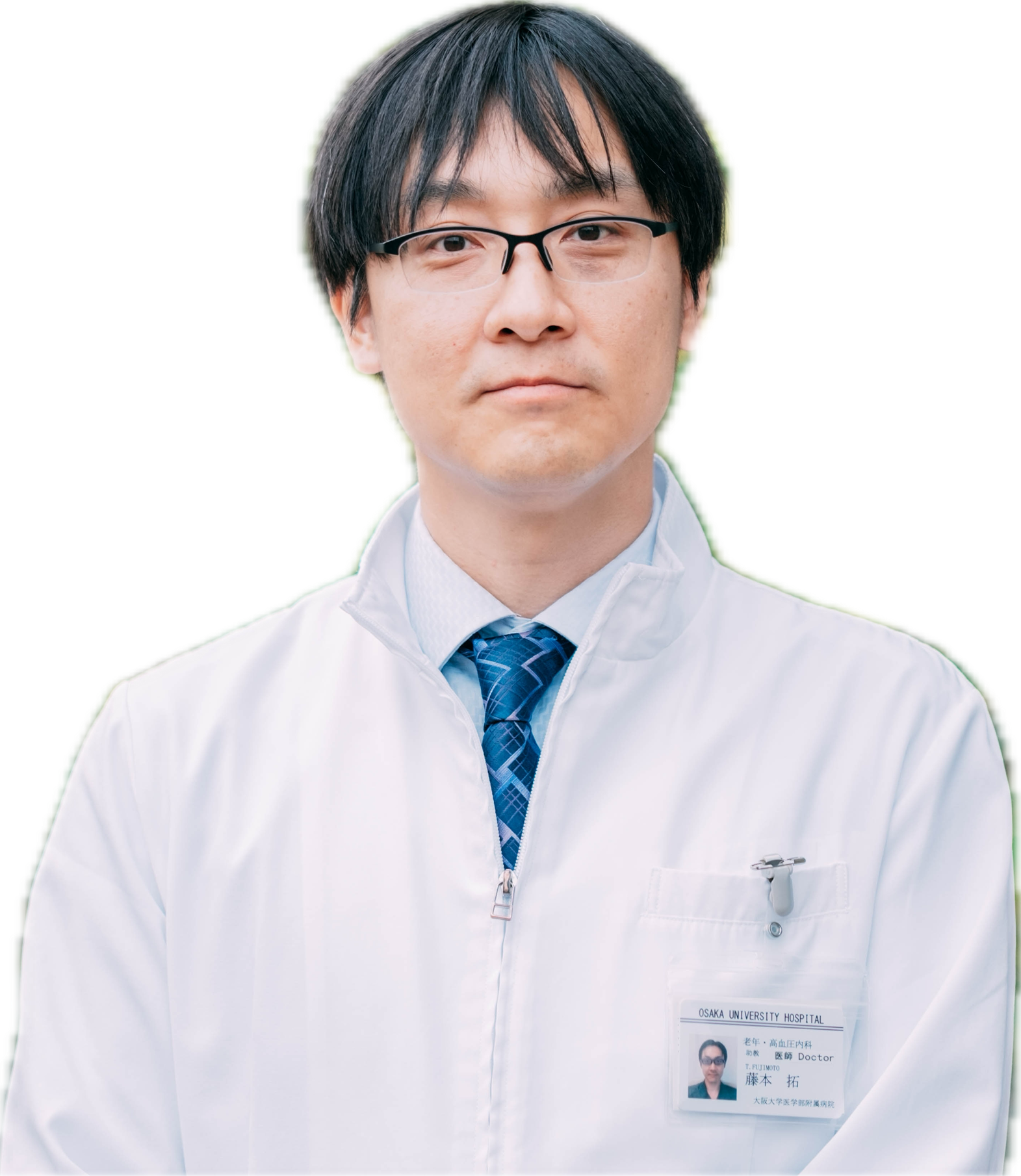ADD THESE DATES TO YOUR E-DIARY OR GOOGLE CALENDAR
This site is part of the Siconnects Division of Sciinov Group
This site is operated by a business or businesses owned by Sciinov Group and all copyright resides with them.
ADD THESE DATES TO YOUR E-DIARY OR GOOGLE CALENDAR

The University of Osaka, Japan
Title:Impact of Diabetes and Grip Strength on Postoperative Outcomes in Older Patients Undergoing Gastrointestinal Cancer Surgery
As the population ages, cancer surgery among older adults is increasing. Diabetes Mellitus(DM) is a known risk factor for postoperative complications and may worsen outcomes via age-related physiological changes. In parallel, decreased physical function such as sarcopenia is associated with adverse surgical outcomes, particularly in older patients. This retrospective cohort study investigated the impact of diabetes and grip strength on postoperative prognosis in older adults undergoing gastrointestinal cancer surgery.
A total of 921 patients aged ≥65 years who received preoperative assessment at a university hospital between April 2012 and March 2019 were analyzed. Patients were categorized based on diabetes status and grip strength. The primary outcome was postoperative survival.
Although patients with DM had higher BMI and more cardiovascular comorbidities, postoperative survival did not differ significantly between the DM and non-DM groups (p = .671). In contrast, weak grip strength (<28 kg in men, <18 kg in women) was associated with significantly worse postoperative survival irrespective of DM status. In multivariate Cox regression analysis, DM status was not an independent risk factor, while weak grip strength was significantly associated with poor prognosis (HR 1.542, 95% CI 1.14–2.09).
DM history did not significantly affect postoperative outcomes; however, weak grip strength was a strong independent risk factor for poor outcomes. Weak grip strength is more frequent in patients with DM and may contribute to worsening outcomes through physical function decline.
Taku Fujimoto, MD, PhD, is an assistant professor in the Department of Geriatric and General Medicine at the University of Osaka Graduate School of Medicine. He received his PhD from the same institution at the age of 36. He is actively involved in clinical research on frailty, diabetes in older adults, and perioperative risk assessment in geriatric patients.